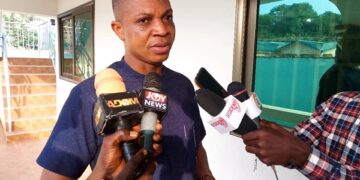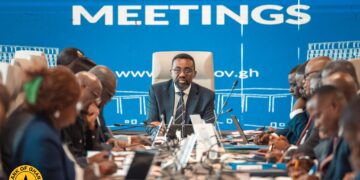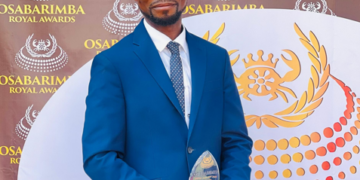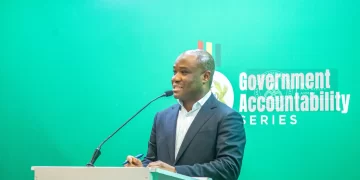There has been a call for sociologists and anthropologists to embrace digital technologies (DTs) in their daily activities.
Head of the Department of Sociology and Anthropology at the University of Cape Coast College of Distance Education (CoDE), Professor William Boateng says integrating DTs into the work of sociology and anthropology could enhance research and increase outputs.
Making this assertion on the theme: Digital Technologies in Sociological and Anthropological space, Prof. Boateng revealed that the work of sociologists and anthropologists will be at risk if digital technologies are side-lined.
To him, they should focus more on how DTs can advance their work as researchers, educators, learners, and change agents.
“For instance, talking about artificial intelligence, it’s here. It promises to enhance knowledge management for development across all spheres of life.”
Professor William Boateng was speaking at the 7th Ghana Sociological and Anthropological Association Annual Conference at the University of Cape Coast.
He said the time has come for Sociologists and Anthropologists to change their notion of seeing DTs from the opposing perspective and embrace the numerous benefits DTs offer as well.
“Sociologists and anthropologists should shy away from the notion that scientific advancement in DTS amounts to playing God. Sociologists are quick at that. When biotechnology came, there were a lot of sociologists who started to talk about playing God. Sociologists were quick to condemn genetically modified food production, but that is what we need” he continued.
Prof. Boateng also expressed concern over the low involvement in the production of Digital Technologies on the African Continent emphasizing that Sociologists and Anthropologists across the continent should be active in DT production as well.
“We should be actively involved rather than being passive. We are purely on the fence. So, sociologists and anthropologists need to take full advantage of DTS because it is a tool to help us enhance knowledge management, to help explain problems in our society” he said.
On the discourse of the negative impacts of Artificial Intelligence (AI) on students, Prof. Boateng appealed to academics to guide students on ways of utilizing AI to their advantage and in a more ethical manner rather than condemning it.
He debunked the perception that the introduction of AI into the education system has made most students produce shoddy work.
“There are a lot of complex issues out there that AI can give us a clue or a way out. But whether we do that or we condemn it, it’s here. And once it’s here, we need to see how best we can take advantage of it.”
Read more here
Source: Eric Sekyi/ATLFMNEWS


